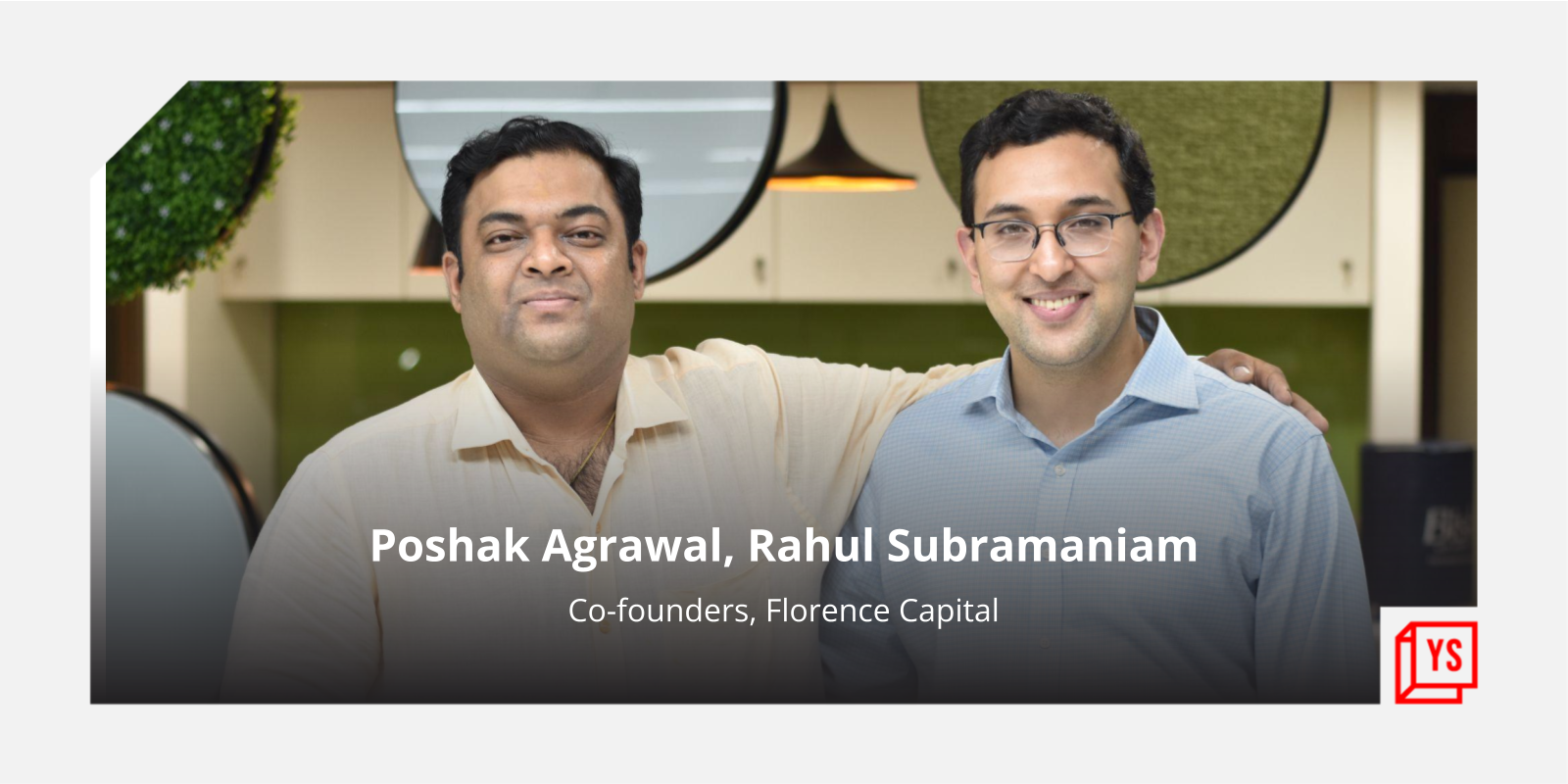How a stray sighting on a subway train inspired two Princeton grads to start a women’s fintech business
study at IIT Roorkee and pursuing her bachelor’s and master’s degrees in technology at a time when women weren’t allowed to dream of a life beyond domestic life At Poshak Agrawal mother the greatest inspiration he could have asked for in his life.
His mother’s daring educational feat opened his eyes to gender inequality from an early age, and he understood how women behaved differently, even in the day-to-day aspects of their lives.
One such incident that cemented Poshak’s understanding of how a woman negotiates the world around her was when he once observed the women’s compartment in the subway. He realized that the need for a women’s compartment had arisen because “women in India don’t have a lot of safe space just to be”. And it existed everywhere, not just when it came to travel.
Poshak juxtaposed his inference from his observation of the subway to the institution of finance and financial services, and came to the conclusion that women felt alienated from the system because money was inherently the domain of men. He decided to do something about it.
While still thinking about how he could make women’s finances easier, he met Rahul Subramaniam at a bike stand at Princeton University, and the two immediately hit it off.
Rahul, at the time, had closely followed what was happening in India vis-à-vis the digital revolution, as well as the feminist waves where traditional, cultural and gender barriers were broken down, and knew he wanted play a role in it.
Upon their return to India, the idea took a bit of a back seat as the duo focused their efforts on helping Indian students get into the best colleges in the world through their startup, Athena Education. But after demonetization brought fintech startups to the fore, they decided to finally combine their passion for gender equality with finance, and installation in 2017.
Florence Capital, based in Gurugram is basically a lending platform that caters only to women, in partnership with Apollo Finvest India Ltd, an NBFC. He helps women get loans easily and makes Florence a “safe space” for women to explore loans and other financial services.
The founders call what they do “ethical loan” because they are transparent, credible and direct when undertaking loan applications. Not only do they work with loan applicants to assess their credit needs, but they also outline how repayments — or lack thereof — would affect their credit scores. Florence helps women to understand what loans would be right for them so that they don’t borrow more than they should and see their creditworthiness drop.
“There are so many strong, hardworking women who struggle every day to improve the quality of their lives, but they lack the financial means and resources to pursue their dreams and live the life they want to live. This is the problem that gave birth to Florence Capital. We want to give women the safe space that they have always been denied (in finance),” Poshak said. Your story.
Most Florence Capital users come from urban areas, Tier 1 and Tier 2, and generally borrow money to medical expenses, household expenses, education and development. As much as 50 percent are either new credit or have a very thin credit profile, while 50% have a thick credit history, Rahul says, adding that the startup will also expand to Tier 2 and Tier 3 cities.
woman centered
One feature that sets Florence Capital apart from many others is its collection team, who fully includes women.
Credit Collection Agencies primarily employ men who intimidate, threaten and even use brute force to collect loans, as seen in several loan applications that have been flagged by the government over the years. For women, sexual violence is often the POS of most abusers, whose fear, again, prevents women from seeking and accessing credit.
Florence Capital employs only women in its debt collection team, and operates on empathy to understand why a borrower has been unable to repay their loan, instead of resorting to threatening calls and visits.
Financial education and literacy, especially for women, is another area where Florence Capital stands out. His Florence Learn platform is not only a learning platform where women can arm themselves with financial knowledge, but also a safe space where women can interact with each other, learn from each other and even discuss related issues to money.
Florence Capital users also have the ability to access individual financial advice that can help them better understand their own financial situation, as well as plan the line of credit they wish to avail themselves of.
To date, the startup has enabled over 1,300 women to access loans and disbursed Rs 4 crore in total loans.
He raised a pre-series A round investors such as Mike Novogratz, CEO of Galaxy Investment Group; Amit Singhal, founder of the Sitare Foundation; Steve Kreider and Zach Kreider of Harrow Capital; and Rishi Jaitly, founding CEO of Times Bridge; and tries to go around the bridge further.
Florence Capital was generating revenue from day one, he said, adding that he hopes to lift a Series A round very soon.
The startup, like any other lending institution, derives its money from interest it charges its customers, along with the 2-3% processing fee. Interest rates vary between 18 and 30%, he added.
Florence Capital’s competitors include female-focused lending and financial services apps such as , femwealth and although it competes with NBCFs which also aim to make lending to women faster and easier.
With the global pandemic having destroyed the livelihoods of many, women are finding it harder to rebuild, especially without funds when they need them. A solution like Florence Capital can help meet these needs.


Comments are closed.